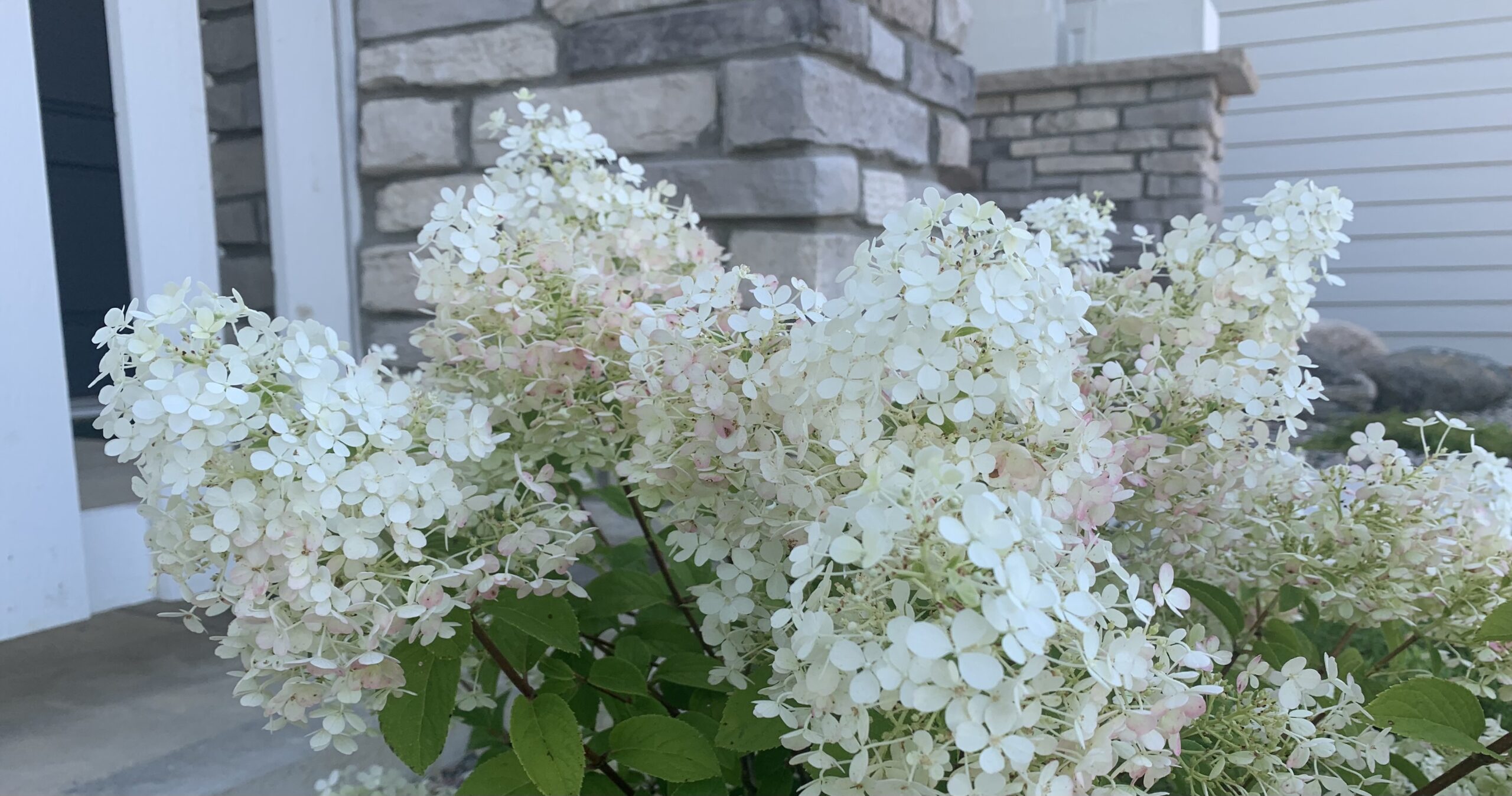Jack Thomas is a retired Boston Globe reporter. At 82 years old, he knows he is going to die. He knows he is going to die in a matter of months.
“After a week of injections, blood tests, X-rays, and a CAT scan, I have been diagnosed with cancer. It’s inoperable. Doctors say it will kill me within a time they measure not in years, but months,” Thomas writes in an essay published in the Globe last week.
In the essay, Thomas seeks to answer his own question, “How does a person spend what he knows are his final months of life?”
The preacher in me found three points in the text of his essay. How does one spend his final months of life? Celebrating, remembering, and wondering.
Jack Thomas ends his essay this way: “I had a loving family. I had a great job at the newspaper. I met fascinating people, and I saw myriad worldwide wonders. It’s been full of fun and laughter, too, a really good time. I just wish I could stay a little longer.”
He writes of the love of his wife, “the greatest blessing of my life,” and the laughter of his three adult children. He thinks of his rose bushes and his house on Cape Cod, sad that he will “never again see the sun rise over the marsh off Vineyard Sound, never again see that little, yellow goldfinch that perched atop a hemlock outside my window from time to time so that both of us could watch the tide rise to cover the wetland.”
“Does the intensity of a fatal illness clarify anything?” he asks. “Every day, I look at my wife’s beautiful face more admiringly, and in the garden, I do stare at the long row of blue hydrangeas with more appreciation than before. And the hundreds and hundreds of roses that bloomed this year were a greater joy than usual, not merely in their massive sprays of color, but also in their deep green foliage, the soft petals, the deep colors and the aromas that remind me of boyhood.”
He celebrates the life he has lived.
Beginning with delivering newspapers as a 14-year old boy, he remembers his long life in journalism and the joy it brought him.
Celebration and remembrance.
“All of us who, like me, are blessed with a pause before death, spend some time reliving the better moments,” Jack Thomas writes wisely.
Some of us receive notice of our impending deaths. For others of us, death will find us with no warning, no time to think about what was or what is to come.
Jack Thomas has shared just a bit of his pause before death. In so many ways the work of celebrating and remembering is work that can be done only when one is given such a pause. But all of us, young and old, healthy and infirm, would do well to read what Thomas has to say and allow ourselves to pause with him.
A pause to celebrate and to remember. And to wonder. Thomas writes, “I was raised Episcopalian, though I didn’t turn out to be a very good one. Unlike Roman Catholics, Jews, and atheists, we Episcopalians are very good at fence-sitting. We embrace all viewpoints, and as a result, we are as confused as the Unitarians.” His humor is well taken except for an offended Unitarian in the Globe’s comments section.
Jack Thomas knows that he faces not only dying, but death, and he wonders about death and what may happen after death. A fence-sitting Episcopalian, confused as a Unitarian, his thoughts are more wishful than hopeful. The not very good Episcopalian returns at several points in his essay to wondering about what comes next.
“I wish the afterlife were arranged so that I could hear Beethoven’s Symphony No. 7 again and Bach’s Brandenburg Concertos, especially the one in D for two violins and cello,” he writes.
And then, “The final months would be a lot easier if I could be assured that, after death, we’d get a chance to see people who have died already. I’d like to shake hands with my best friend, my father, who died in 1972 and whom I’ve missed every day since.”
Having lived a good life, he wonders how a next life could possibly measure up. “I know that after I die, I probably ought to forget all the treats of this life, like Lobster Savannah dinners on an expense account at an Elysium such as Locke-Ober, and with my luck, there’s probably some rule against chilled Hendrick’s martinis with a lemon twist. There will be no more nights of winnowing the hours away listening to Bob Winter’s piano at the Four Seasons. There’ll be no more lazy afternoons on Boston Harbor aboard my little sailboat, The Butterfly, and no more surprise telephone calls from buddies like Dave Manzo in Boston, Alan Pergament in Buffalo, and Jim Coppersmith in Marblehead, who never hang up without saying, ‘love you, Jack.’”
Jack Thomas ends his essay about dying by celebrating and remembering the good life he has lived. His final thought is, “I just wish I could stay a little longer.”
Christians need not despise the wish to stay a little longer. Life is a good gift from God.
We may wonder about music and friendships in the world to come. The Bible does not offer much by way of detail. We need not be confused, however. We have something more than a wish, a certain and steadfast hope that at the end we shall meet the one who will wipe away every tear from our eyes, and death shall be no more, neither shall there be mourning, nor crying, nor pain anymore, for the former things shall have passed away. (Revelation 21:4)
Celebrate. Remember. And hope.

